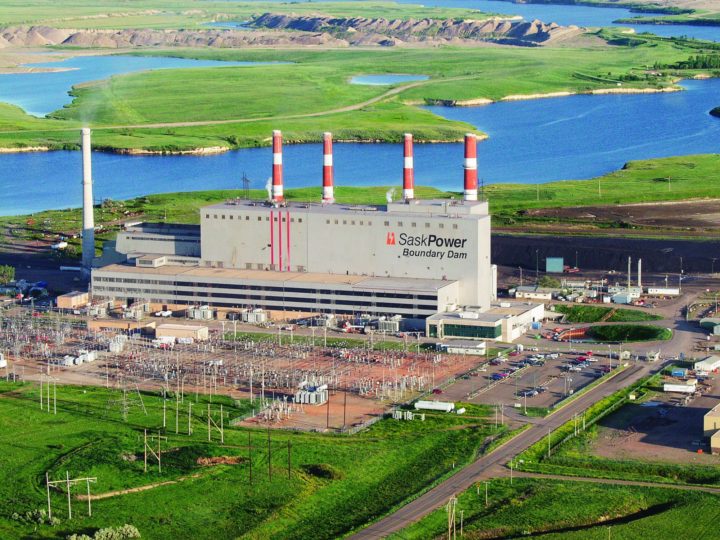Comment on NAO report on carbon capture and storage
Government has not achieved value for money in its CCS competition, says National Audit Office
By George Smeeton
info@eciu.netShare
Commenting on a report on carbon capture and storage (CCS) published by the National Audit Office (NAO), Dr Jonathan Marshall, energy analyst at the Energy and Climate Intelligence Unit (ECIU) said:

“The Government’s removal of support for CCS closed an important avenue for technological progress in the UK. Despite having great storage resources in depleted North Sea gas fields and the technical expertise needed to make it happen, abandoning the competition has stopped progress on carbon capture in its tracks.
“For the NAO to lay blame at the inability of different Whitehall departments to work in unison highlights a recent trend of changeable and unpredictable UK energy policy. From ditching onshore wind and rendering solar unprofitable almost overnight, the Government is turning away from the cheapest ways to keep the lights on and knocking the confidence of investors at the same time, which paradoxically makes energy more expensive.
“In the context of CCS, ministers need to remind themselves that it isn’t just about the power sector. It’s going to be very difficult to decarbonise important industries such as cement and chemicals without CCS, and there’s abundant evidence that establishing the infrastructure for the power sector now will mean Britain is able to reduce emissions from those industries in future more easily and cheaply.